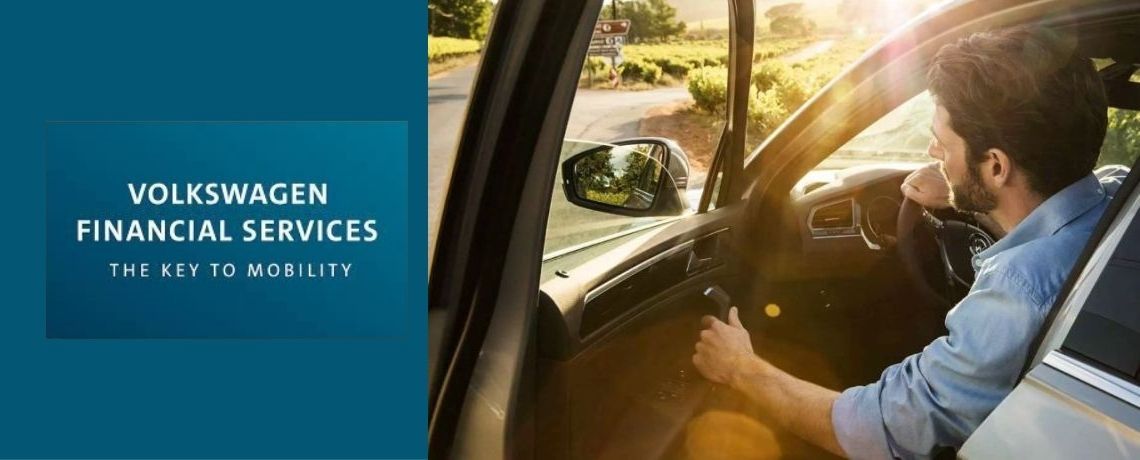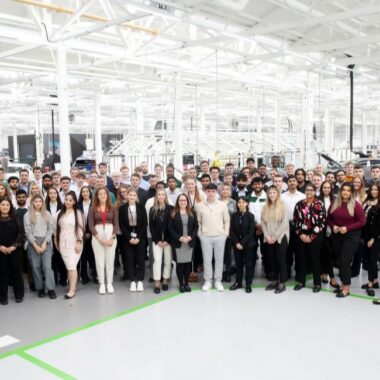Millennials are keen to adopt a modern way of accessing cars that sees users subscribe to a vehicle rather than own one outright. New research* by Volkswagen Financial Services UK (VWFS) has found that 61% of people aged 18 to 34 are interested in accessing a car via subscription, similar to services such as Netflix, where you can cancel anytime.
With subscription cars, all the costs needed to run your vehicle are typically bundled into one monthly payment, and unlike other models of ownership, users simply hand the car back when they cancel their subscription.
Desire for subscription cars appears to decrease with age, too, with just 39% of 35 to 44 year olds saying they’re interested in a subscription service. This drops further among people aged 45 to 54 (26%), people aged 55 to 64 (18%) and people aged 65 to 74 (11%).
Volkswagen Financial Services UK’s data insights team suggests this indicates a clear generational gap in attitudes towards the digitilisation of not just the automotive industry, but of consumer behaviours generally.
With younger people more commonly consuming music, TV and even food at the click of a button, the millennial consumer is evidently keen to embrace the subscription model in other areas of their lives.
Earlier this month, Volkswagen Financial Services AG announced plans to develop and implement car subscription models for selected brands in the Volkswagen Group across Europe.
The car subscription models for the Group brands will be developed on the basis of individual customer needs, brand identity and the respective product range, and by 2030, around 20% of revenue could come from subscriptions and other mobility offerings.
The move is indicative of an evolving market, with recent industry research** showing that in the UK alone 31% of drivers want flexibility to change their vehicle to suit their mobility needs, whilst 22% are interested in a subscription that allows access to various models from the same brand.
To that end, Volkswagen Financial Services UK launched its Rent-a-Car platform in 2018, which allows users to rent a vehicle for a week, a month or longer – offering an excellent choice of vehicles, options and insurance cover for all its customers.
The Rent-a-Car platform also boasts a flexible long-term rental option for customers needing to rent a car for several months or more, which in many ways is similar to a subscription model. With a long-term rental, there are no ownership costs, customers have flexibility to change the vehicle monthly, and it’s a very simple process.
The research from Volkswagen Financial Services UK also found that people aged 18 to 34 are four times as likely (77%) as people over the age of 55 (18%) to use a smartphone to research their next car.
However, more than half of all Brits surveyed (53%) said it is important that their smartphone can connect to their car.
Interestingly, this is more important amongst men than it is amongst women, with 56% of males answering that it is important, versus 50% of females, which represents a significant difference.
Mike Todd, CEO at Volkswagen Financial Services UK, said:
“The way that people buy and rent cars is fast evolving and we need to make sure that, as our customers continue to engage more with digital technology, we make their online journey as simple and as convenient as possible. Subscription models are becoming increasingly central to how we consume content, food, and almost everything in between, so it stands to reason that people – particularly younger people – are interested in accessing vehicles in the same way.
Mike Todd, CEO at Volkswagen Financial Services UK
*The data for this study was collected between 6th August 2021 and 8th August 2021 and comprises responses from 2,012 British respondents.
**Source: Market Sizes: McKinsey & Company: Automotive revolution – perspective towards 2030, Statista.com; Facts: Deloitte: Automotive Study 2021, Arthur D. Little: The Future of Automotive Mobility (Feb 2021).














